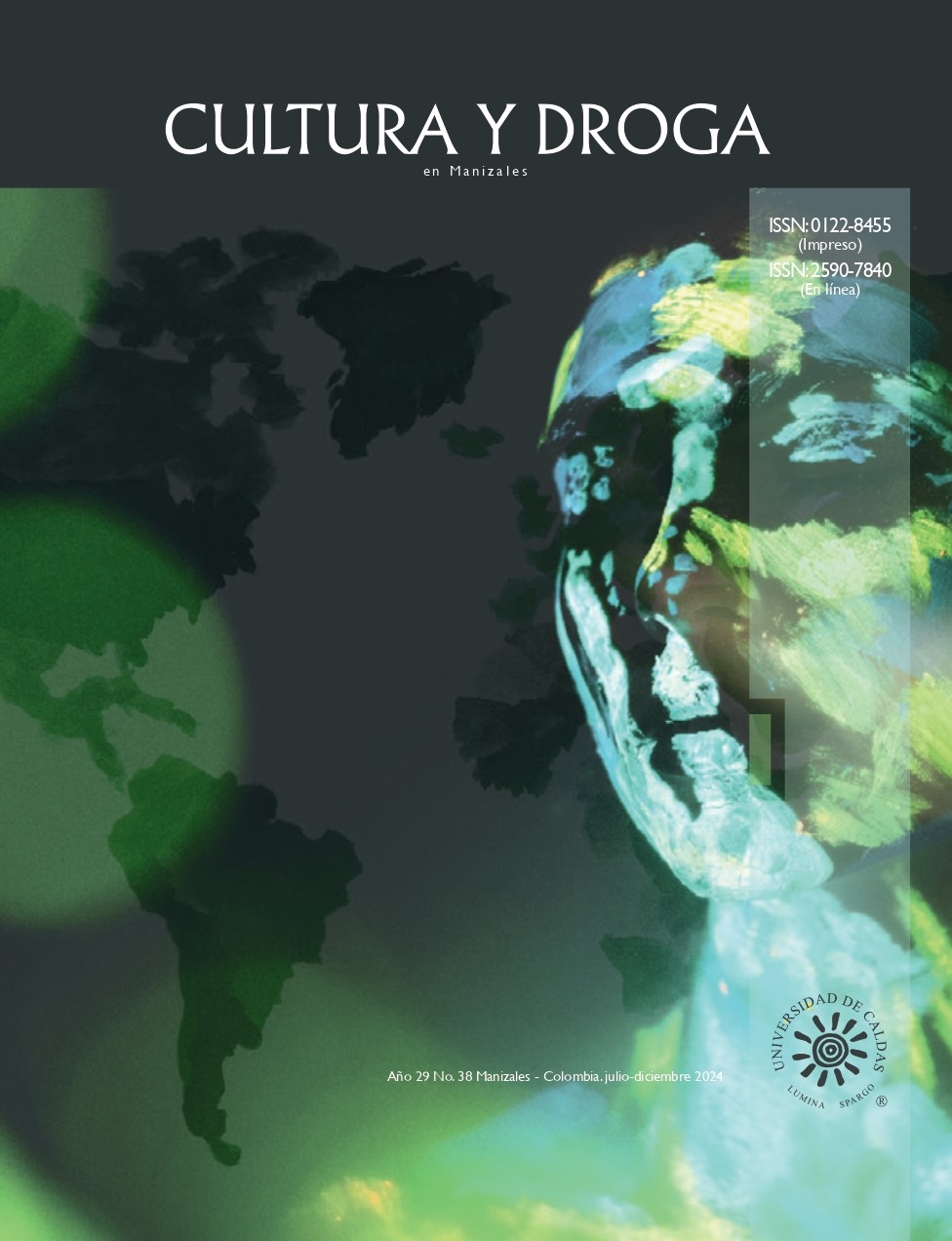Authors
Abstract
The concept of medicalization can be understood, in general terms, as the transformation of a problem that previously was not medical into a disorder, disease, or illness that needs attention, care, and medical intervention. Themes such as child development, learning problems, humanized childbirth, sexuality, and the aesthetics imposed on bodies, among many others, are among the themes in which the debate in the field of medicalization has provided important contributions to subsidize, in an increasingly broader way, academic and social movements in the search for giving visibility to these issues in a critical and propositional way. The dimensions of this debate go from the field of education to the field of health, for example, where sciences such as Psychology, Anthropology, Pedagogy, and Nursing, among others, meet and produce relevant reflections. In this sense, this article aims to develop a brief historical analysis of the concept of medicalization and its importance to the understanding of the production of normality and abnormality in our society. To do so, it was used the bibliographic review as a methodology to undertake the historical rescue and the analyses developed in this work. It was possible to understand the different uses of the concept of medicalization throughout the 20th century and how the different historical processes, linked to social and economic interests, produce changes in the processes of pathologization and medicalization. This article concludes as an invitation to further deepenings that collaborate to the expansion of critical postures about our reality, that provide reflection and the production of new paths.
References
Conrad, P. (1992). Medicalization_and_Social_Control. Annual Review of Sociology, 18, 209-232. https://www.researchgate.net/publication/234838406_Medicalization_and_Social_Control
Conrad, P. (2005). The shifting engines of medicalization. Journal of health and social behavior, 46(1), 3-14. https://journals.sagepub.com/doi/
abs/10.1177/002214650504600102
Conrad, P. (2007). The medicalization of society: on the transformation of humanconditions into treatable disorders. The Johns Hopkins University Press.
Conrad, P., & Leiter, V. (2004). Medicalization, Markets and Consumers. Journal of Health and social behavior, 45, 158-176. https://www.researchgate.net/publication/7956552_Medicalization_Markets_and_Consumers
De Oliveira, W. V. (2011). A fabricação da loucura: contracultura e antipsiquiatria. História, Ciências, Saúde-Manguinhos, 18(1), 141-154. https://dx.doi.org/10.1590/S0104-59702011000100009
Epele, M. (2008). Usos y abusos de la medicalización en el consumo de drogas: Sobre economías, políticas y derechos. Em A. Cannellotto e E. Luchtenberg, (coords.) Medicalización y sociedad. Lecturas críticas sobre um fenômeno em expansión. Observatorio Argentino de Drogas. https://www.argentina.gob.ar/sites/default/files/2020/10/oad_2008._medicalizacion_y_sociedad_lecturas_criticas_sobre_un_fenomeno_en_expansion.pdf
Faraone, S., Barcala, A., Torricelli, F., Bianchi, E., & Tamburrino, M. C. (2010). Discurso médico y estrategias de marketing de la industria farmacéutica en los procesos de medicación de la infancia en Argentina. Interface-Comunicação, Saúde, Educação, 14, 485-498. http://www.scielo.br/pdf/icse/2010nahead/aop1110
Foucault, M. (1977). O Nascimento da Clínica. Forense Universitária.
Foucault, M. (2006). O Poder Psiquiatrico. Martins Fontes.
Foucault, M. (2001). Os Anormais. Martins Fontes.
Illich, I. (1975). Nemesis Medica. La expropriación de la salud. Barral Editores. https://www.ivanillich.org.mx/Nemesis.pdf
Murguía, A., Ordorika, T., & Lendo, L. F. (2016). El estudio de los procesos de medicalización en América Latina. História, Ciências, Saúde-Manguinhos, 23, 635-651. http://www.scielo.br/pdf/hcsm/v23n3/0104-5970-hcsm-S0104-59702016005000009.pdf
Natella, G. (2008). La creciente medicalización contemporânea: Prácticas que la sostienen, prácticas que la resisten em el campo de salud mental. Em A. Cannellotto e E. Luchtenberg (coords.), Medicalización y sociedad. Lecturas críticas sobre um fenômeno em expansión. Observatorio Argentino de Drogas. https://acortar.link/ybYVip
Passos Nogueira, R. (2003). A segunda crítica social da Saúde de Ivan Illich. Interface-Comunicação, Saúde, Educação, 7, 185-190. http://www.scielo.br/scielo.php?script=sci_arttext&pid=S1414-32832003000100022
Wacquant, L. (2013). Punir os Pobres: a nova gestão da miséria nos Estados Unidos. (3.a ed., S. Lamarão, Trad). Revan.
Zorzanelli, R. T., Ortega, F., & Bezerra Júnior, B. (2014). Um panorama sobre as variações em torno do conceito de medicalização entre 1950-2010. Ciência & Saúde Coletiva, 19(6), 1859-1868. https://dx.doi.org/10.1590/1413-81232014196.03612013

 PDF (Português (Brasil))
PDF (Português (Brasil))
 FLIP
FLIP






















